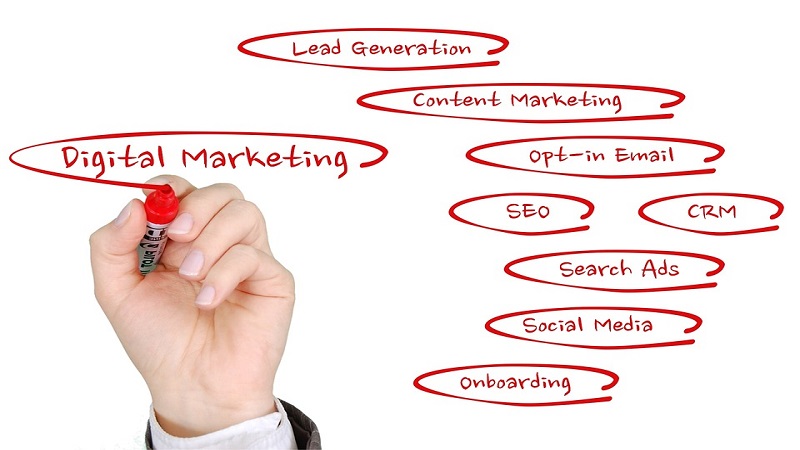The annual ‘The C-level Disruptive Growth Opportunity’ online research report from Accenture Strategy analysing the attitudes of 535 CEOs and 847 CMOs from organisations around the world has determined that, although an estimated five ‘C-level executives’ are usually held responsible for driving disruptive business growth, the majority (37 per cent) will place CMOs first in the firing line if growth targets are not met.
The results found that CEOs depict CMOs to be the ‘primary driver’ of disruptive growth (50 per cent), closely followed by chief strategy officers (49 per cent), and chief sales officers (38 per cent). The majority of CMOs (96 per cent) also recognise the importance of disruptive growth to revenue potential, and an additional 75 per cent believe they have a great deal of control over the disruptive growth levers in their company.
Senior managing director leading Advanced Customer Strategy at Accenture, Robert Wollan commented: “Organisations that rely on ‘growth by committee’ struggle to achieve their targets. It breeds a C-suite culture where everyone is responsible, yet no one is accountable – and onus unduly falls onto someone, usually the CMO.
“CMOs can take a greater role by actively driving the disruptive growth agenda and generating new value for the business. Such initiatives include developing ecosystems with non-traditional players, launching platforms that elevate current products into expanded service models for customers, and increasing revenue through next generation connected data monetisation – all of which CMOs are well positioned to do.”
The report did, however, acknowledge that many CMOs are not currently in a position to drive disruptive growth due to time and mind-set. Only 30 per cent of believe they are cutting-edge marketing innovators, and 37 per cent of their time is spent on innovation. Furthermore, 60 per cent claim to spend the majority of their time on ‘traditional marketing initiatives’, such as improving customer experience and maintaining brand image.
While evidently important, 54 per cent state a large portion of their marketing budget is being wasted and not delivering the results the business expects.
Download the full report here




